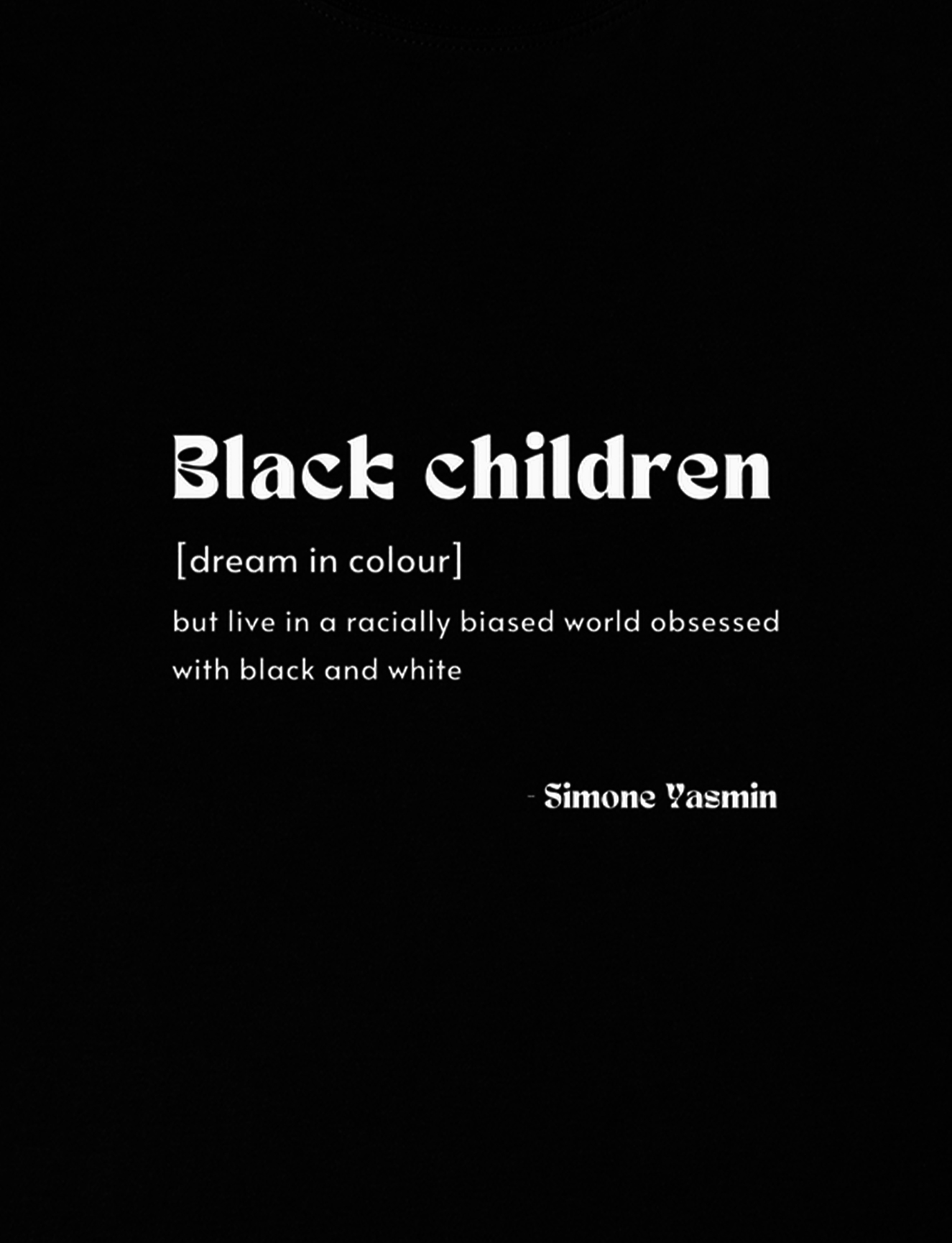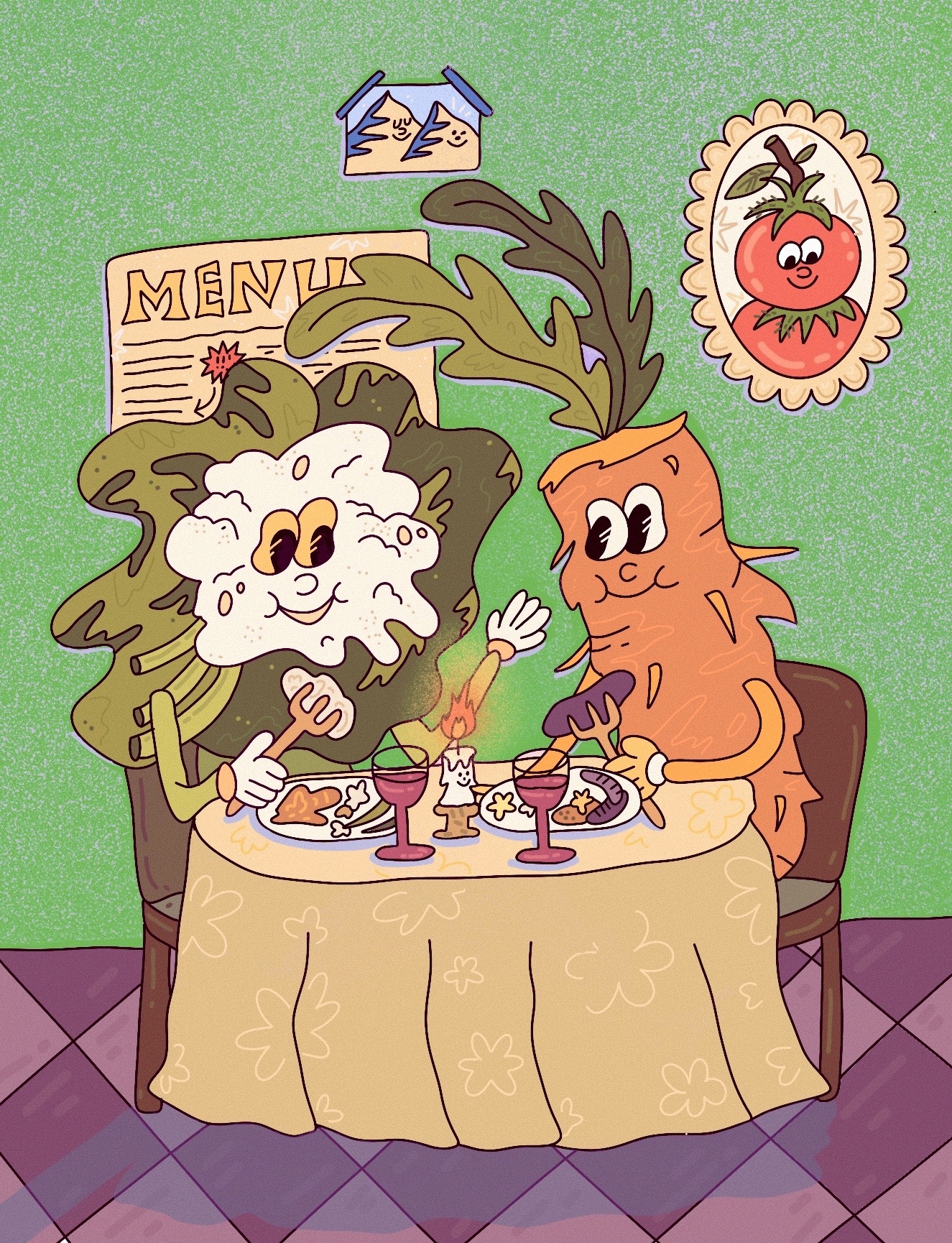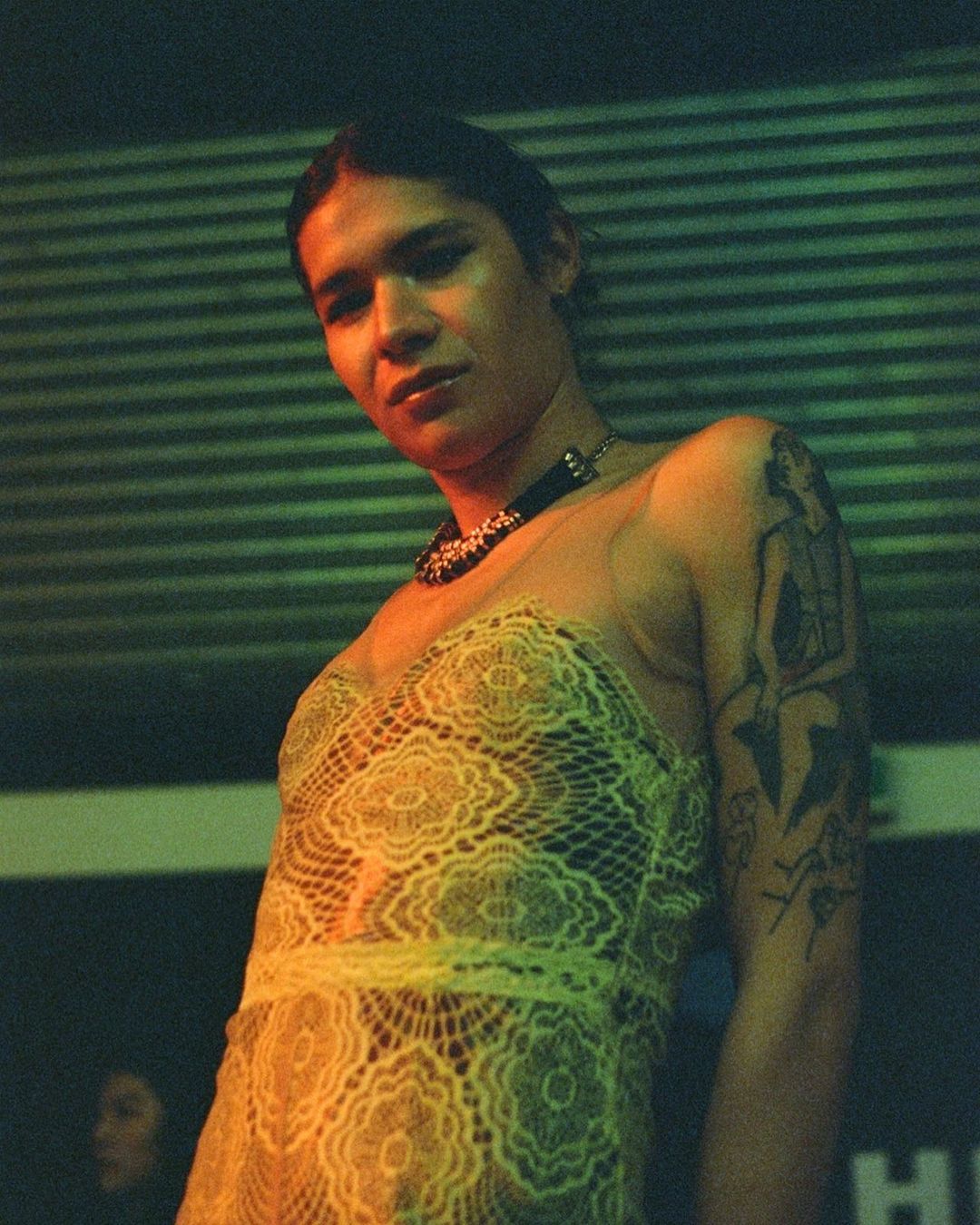Black Minds Matter UK was founded in June 2020, in the midst of a wave of protests that brought Black Lives Matter to a global audience. When the charity started out, what did it want to achieve? And in what way have you evolved?
When we first started out our focus was on providing an immediate response to the clear need for mental health support within our community. We had to work from a constantly reactive place to try to keep up with demands. Now we have been able to take a holistic look at our charity and put sustainability and longevity at our centre to ensure that we can continue to be a safety net of support for our community, while also keeping the bigger picture in mind. Structural change won’t happen overnight and so we need to ensure we can grow in the way we need while also ensuring that we bring many moments of relief and joy to our community.
We had to work from a constantly reactive place
Black history is still not taught widely enough on curriculums, at every level of education. Can you speak a little to the wider impacts this can have on mental health?
Without accurate representation or understanding of the impact of Black history, those of Black heritage will find they have a distorted view of themselves and their families which has been downplayed and whitewashed to seem to have little significance or worth. Images and narratives such as this are harmful because they reproduce messages which aim to disempower rather than empower our community. This has a massive impact on our self-worth, our sense of identity and confidence from a really early age, which we can carry through to adulthood. This is why accurate representation of Black history is so key. Understanding and recognising that Black culture is inescapable and underpins so much of society and culture today means we can claim that power back and block out any noise that tries to tell us otherwise.
How does mental health support need to change to work for Black people? Can you talk a little about what, structurally, could be done to fix it?
When we talk about support that needs to happen structurally, it’s important that we focus on the problem, just as much as we do the solutions. That means looking at the things that are causing the disparities in mental health illness and experiences within our community such as broad economic inequality, racism and discrimination within education and workplaces, lack of access to affordable housing, low pay etc. When we tackle these things we will see an immediate impact on the mental health experiences of those who are marginalised and struggling.
Structural change won’t happen overnight
Additional support for Black people should also look like culturally relevant services which are accessible both in terms of cost, and where people can receive them, for instance within workplaces or privately, as the NHS is now so overwhelmed. An increase in physical spaces of support is also important so that those in unsafe households have somewhere to go to.
The barriers to accessing proper mental health support are multifaceted. Black Minds Matter works to both make services accessible for the Black community, and to remove the stigma around accessing mental health support. Why is it important to work not just to widen access, but also destigmatize it?
The two actually work hand in hand. By improving access to support we are already indirectly changing perceptions about seeking support, because we are normalising the experience and speaking about it in a way which is accessible to our community.
The two actually work hand in hand
However this in itself doesn’t remove the fear and shame that is often felt in Black communities when it comes to experiencing mental health illness. A lot more work needs to be done to ensure generational and cultural perceptions of mental illness change, so that people feel safe seeking support in the first place. One question we are asking ourselves at BMMUK is how we go about measuring this impact because ‘stigma’ (especially cultural stigma) can mean different things for different people. A lot of this work will involve finding ways to speak to an older age group, where the stigma is often felt the most and then passed down to younger generations.
Has the way that Black History Month is celebrated changed in recent years? And what impact has this had on mental health in the Black community?
I think it’s dependent on the type of industry you are in. If you work in a creative space I think many people may have seen a greater interest in Black History Month and are now actually recognising it as an important moment within the year to mark; it’s less acceptable to not do anything.
However, the other side of this is that there is now a lot of tick box marketing, where little thought or care goes into the requests and projects. This means those being approached for work, or those who are Black and work in larger sized companies, can feel disheartened and disrespected by disenguos requests. A month which is focused on celebration often just leads to a lot of disappointment, which is a big shame.
One thing which I do think, and hope, is starting to change is that Black creators are paid their worth. Increasingly it feels that it’s no longer acceptable to approach any creator for free work – especially during a month which is meant to be celebrating them!
Why is it important for you as a charity to help support your artists and collaborators?
Many Black artists and creators do not get the recognition and respect that they deserve and so being able to use our platform to promote those in our community is really important to us.
Not only that but as a charity, we have been truly in awe of how many people we have worked with who have offered to do so for free during our early years.
We hope it sets a precedent
Now that we are maturing as a charity, it’s incredibly important to us that we can pay our collaborators and offer to do so. Not only because this is what they deserve but also because we hope it sets a precedent within industries that paying your dues is no longer something that is up for negotiation.
Do you think culture is as important for wellbeing and mental health as more conventional clinical treatments and psychotherapy?
Absolutely! Culture is how we experience and find joy in our everyday lives. How we find inspiration, relief, and how we learn about ourselves. It’s also how we find connection to others and so the impact of culture through music, art, fashion and everything else cannot be devalued. That’s why representation and equality in opportunity is so important, as well as creating spaces and making space for people to tell their own stories, in their own way.
Read More: Changing The Conversation With Indie Creator Society






